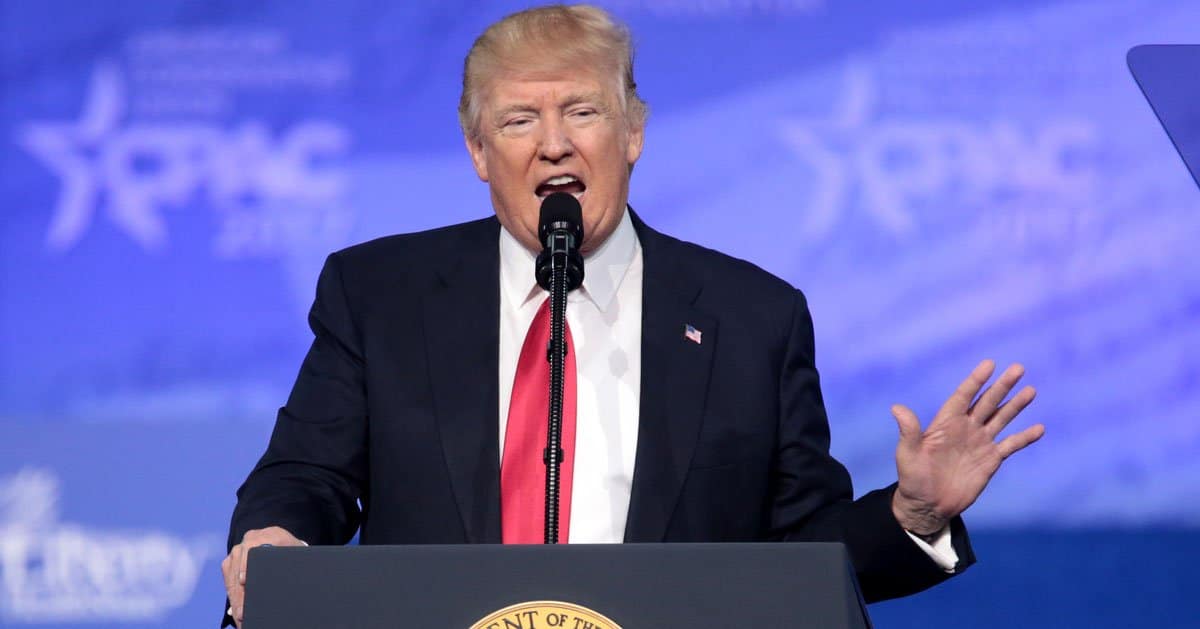








The Biden administration has drawn sharp criticism after agreeing to extend a science and technology sharing agreement with China for five years. The decision, which renews a pact originally established under President Jimmy Carter, has raised concerns over China’s potential use of U.S. scientific knowledge for military and intelligence purposes.
The Washington Examiner reported that the agreement, extending for five years, faces opposition due to fears that China could use U.S. technology to strengthen its military and intelligence capabilities, while also complicating U.S. relations with international allies.
The agreement, which has been in place since the Carter administration, aims to facilitate scientific cooperation between the two nations. However, critics argue that it has enabled China to use civilian technologies for military and intelligence operations, benefiting the Chinese Communist Party's expansion of its global influence.
Rep. John Moolenaar, a Michigan Republican and chairman of the House Select Committee on the Chinese Communist Party, voiced his disapproval, calling the renewal a “clear attempt” to limit the power of the incoming administration and prevent renegotiation.
In a statement, Moolenaar condemned the decision, stating, “Renewal of the STA in the final days of the administration is a clear attempt to tie the hands of the incoming administration and deny them the opportunity to either leave the agreement or negotiate a better deal for the American people.”
Critics of the agreement argue that it sends a signal to international allies that the U.S. is not serious about limiting China’s access to critical technologies. Countries like France, Australia, South Korea, and the United Kingdom have expressed wariness about increasing technology sharing with China due to concerns that such cooperation could empower China’s military capabilities.
The decision to renew the agreement comes at a time when the U.S. has been ramping up efforts to limit China’s access to advanced technologies. These concerns are particularly pressing in light of China’s growing technological and military ambitions.
The agreement’s extension, however, may undermine these efforts, critics argue. The decision could make it more difficult for the incoming Trump administration to convince U.S. allies to restrict their own technology sharing with China. The extension could also lead to additional pressure on U.S. foreign policy as it seeks to balance national security with international cooperation.
Rep. Moolenaar emphasized that the timing of the agreement's renewal is problematic. He claimed that the agreement’s renewal was designed to limit the options available to the new administration, which could have chosen a more cautious or renegotiated approach.
Critics argue that the Chinese government has a long history of using scientific advancements in ways that benefit its military and intelligence operations. The agreement, which allows for collaboration in a wide range of scientific fields, could inadvertently give China access to critical technologies that would otherwise be restricted.
The U.S. has long maintained that science and technology exchanges with China can be beneficial, but it has also expressed concern over intellectual property theft and national security risks. As tensions between the two countries continue to rise, the decision to extend the agreement is seen by some as short-sighted and overly optimistic about China’s intentions.
The extension of the agreement also raises questions about the broader implications for U.S.-China relations. On one hand, scientific cooperation can foster positive diplomatic engagement, but on the other hand, there is a growing recognition that China’s technological ambitions pose a challenge to U.S. leadership in global innovation.
As tensions over trade, cybersecurity, and military strategy continue to escalate, the decision to extend the science and technology agreement could become a point of contention in future diplomatic negotiations. While some may view the move as an effort to maintain stable relations, others see it as a step backward in the face of rising security concerns.
The Biden administration’s handling of the U.S.-China technology-sharing agreement has opened up a broader debate about the risks and rewards of scientific collaboration in an increasingly competitive global environment.
As technology becomes a central factor in global power dynamics, the renewal of this agreement may shape the future of U.S.-China relations for years to come.



